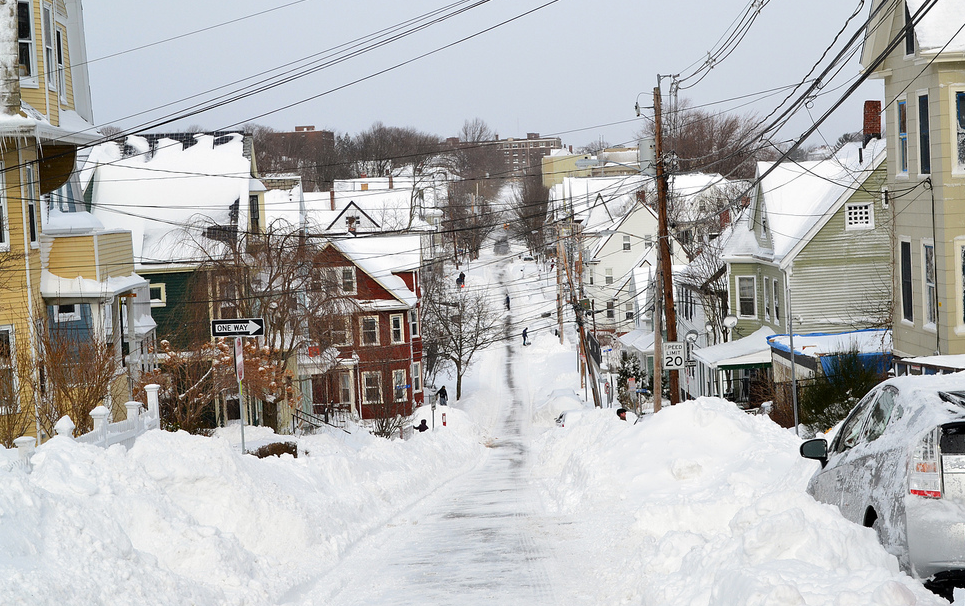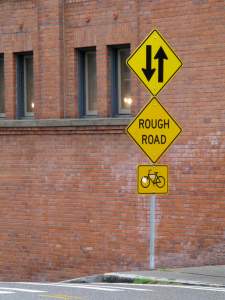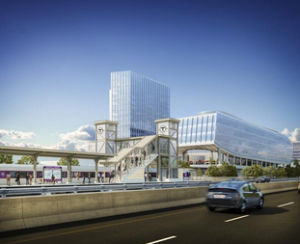Allstate just released their 2015 Best Drivers Report; once again, Massachusetts found itself near the very bottom. According to the 2015 report, Massachusetts is home to three of the five lowest-ranking cities in the US: Springfield was ranked 196th; Worcester was ranked 199th; and Boston, sitting in 200th place, was rated the very worst city for driving. Boston drivers averaged just 3.9 years between accidents and are 158% more likely to get into an accident than the national average. Worcester residents ranked only slightly higher, with an average of 4.5 years between accidents and a 120% greater likelihood of getting in an accident than the national average.
In 2012, Massachusetts experienced 349 crash-related fatalities and nearly 4,400 serious injuries . Of those who were killed in these crashes, 161 were drivers, 48 were passengers, 51 were on a motorcycle, 72 were pedestrians, and 15 were riding a bicycle.
However, when compared to the national average on fatal accidents, Massachusetts doesn’t look so bad. The Insurance Institute for Highway Safety (IIHS) found there were 4.9 deaths per 100,000 residents in the commonwealth, which was one of the lowest numbers in the country. Wyoming, with the worst population-to-fatality rate, was over five times higher, at nearly 26 deaths per 100,000 residents.
These statistics should give Bay Staters plenty to think about. Simple acts, like obeying the speed limit, stopping for pedestrians, and avoiding distracted driving can help reduce our chances of getting into accidents . . . and will hopefully help our cities rank higher in years to come.
—
Author Bio: Peter Ventura has more than 25 years of experience as a trial lawyer and practices personal injury law in Worcester, Massachusetts—the same city in which he was born. From 1982–1985, he served as the assistant district attorney in Worcester County, where he tried hundreds of cases. He has also served as an adjunct faculty member at several colleges and universities in the area.





 The station is estimated to cost approximately $20 million ($4 – $6 million more than the original projected cost) and is being financed by New Boston Landing LLC, a New Balance development company. It will provide service to employees of the well-known shoe company, and direct access to the company’s
The station is estimated to cost approximately $20 million ($4 – $6 million more than the original projected cost) and is being financed by New Boston Landing LLC, a New Balance development company. It will provide service to employees of the well-known shoe company, and direct access to the company’s 
